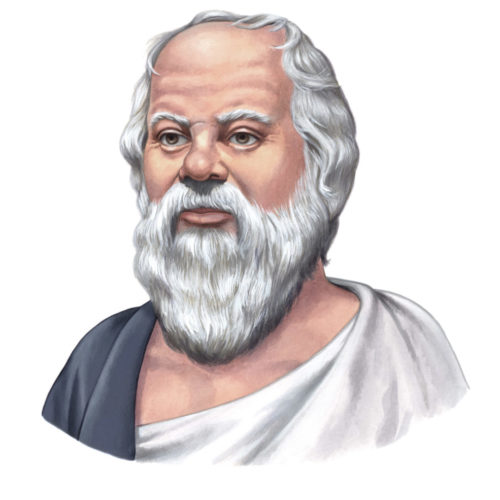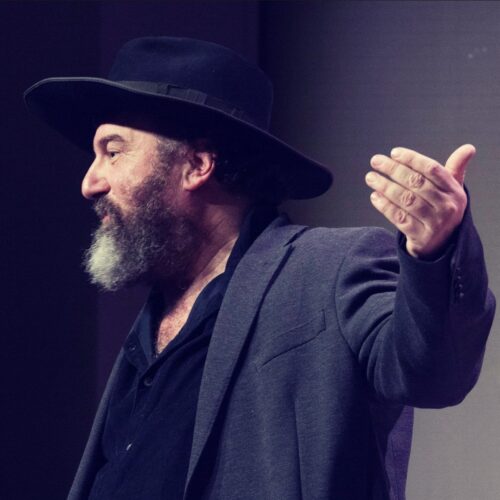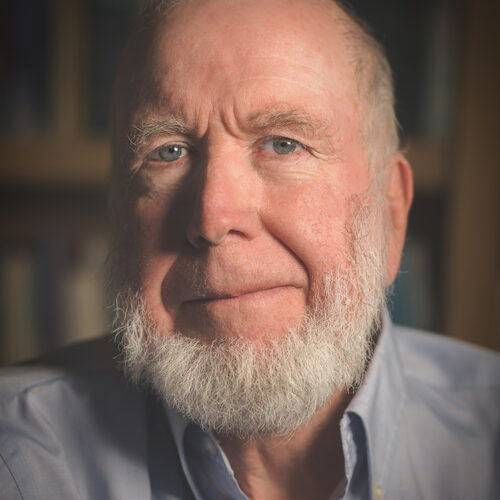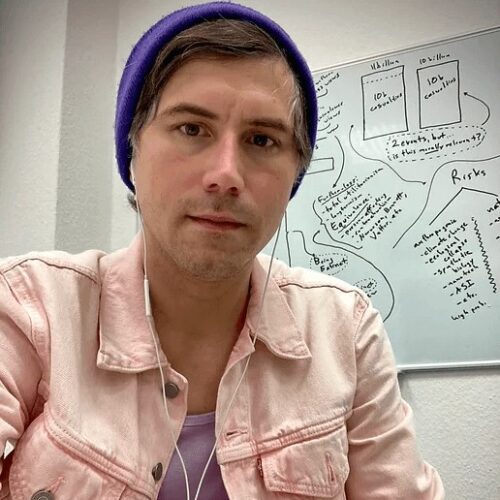Danko Nikolic and John Smart on AI, Practopoiesis, and Autopoiesis
Socrates / Podcasts
Posted on: September 1, 2022 / Last Modified: October 13, 2022
Podcast: Play in new window | Download | Embed
Subscribe: RSS
This is an interview with Danko Nikolic and John Smart on the future of AI and their respective theories of Practopoiesis – Neuromimicry, and Autopoiesis – Biomimicry. During our 2-hour conversation with Danko and John, we cover a variety of interesting topics such as evolution, development, and life as a network; practopoiesis and the origins of intelligence; the power-law problem with too many AI parameters; whether we need a new non-von-Neuman hardware design or not; John’s Natural Intelligence Hypothesis; Danko’s Robots Go Mental and guided transfer learning; consciousness and emotional AI; biomimicry, neuromimicry and the AI Alignment Problem; education, progress and asking questions.
My favorite quotes that I will take away from this conversation with Danko Nikolic and John Smart are:
The critical survivor of the Evo Devo system is the network. Life is a network.
and
Consciousness is the price to pay for intelligence.
As always you can listen to or download the audio file above or scroll down and watch the video interview in full. To show your support you can write a review on iTunes, make a direct donation, or become a patron on Patreon.
Who is John Smart?
 John Smart is a complex systems researcher, technology scholar, and foresight educator. He is co-founder of the Evo-Devo Universe (EDU) complex systems research community, which studies autopoietic (evolutionary and developmental, “evo-devo”) processes of change in adaptive systems. In 2019, he edited Evolution, Development, and Complexity, a multi-scale exploration of complex adaptive systems.
John Smart is a complex systems researcher, technology scholar, and foresight educator. He is co-founder of the Evo-Devo Universe (EDU) complex systems research community, which studies autopoietic (evolutionary and developmental, “evo-devo”) processes of change in adaptive systems. In 2019, he edited Evolution, Development, and Complexity, a multi-scale exploration of complex adaptive systems.
In 2021, he published Introduction to Foresight, a guide to personal, team, and organizational foresight methods, written from an evo-devo perspective. He is also co-founder of the Brain Preservation Foundation, which seeks validated methods to preserve memory and mind in postmortem human beings for later reanimation. He is presently co-writing (with Nakul Gupta, CS MS) a seven-part Substack series, Natural Alignment, on the thesis that both deep Neuromimicry and deep Biomimicry (gene-phenotype mapping, artificial development) will be required to create increasingly smart, wise, and safe AI systems—the “AI Alignment Problem”.
Who is Danko Nikolic?
 Danko Nikolic is both an accomplished neuroscientist and an AI expert. For many years he has headed a research lab at the Max-Planck Institute for Brain Research. His interest in neuroscience was motivated by the devastating limitations of AI technologies based on artificial neural networks. In his lab, he was in search of the remaining secrets that the brain did not tell us and are needed to make better AI.
Danko Nikolic is both an accomplished neuroscientist and an AI expert. For many years he has headed a research lab at the Max-Planck Institute for Brain Research. His interest in neuroscience was motivated by the devastating limitations of AI technologies based on artificial neural networks. In his lab, he was in search of the remaining secrets that the brain did not tell us and are needed to make better AI.
In the last five years, Danko has been working professionally in AI, where he was consulting companies on using machine learning, and is currently the Head of Data Science and AI at evocenta. In addition, he will soon be introducing a new AI technology to the market at his company Robots Go Mental. Recently, The Handbook on Data Science and AI came out, which he co-authored with a number of other experts in the field. Finally, Danko Nikolic’s latest academic paper is: Where is the mind within the brain? Transient selection of subnetworks by metabotropic receptors and G protein-gated ion channels








